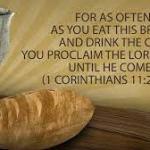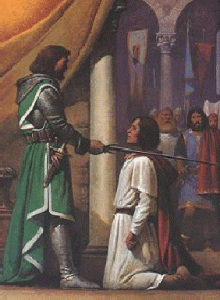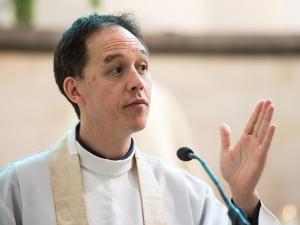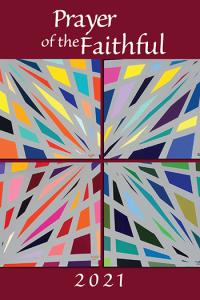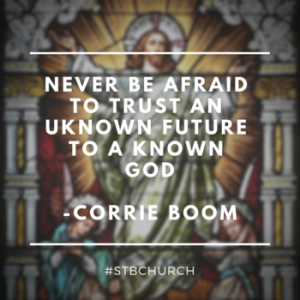
Celebrations of Grace: The Sacraments of the Catholic Church, Part 8
Does religion turn people away from this world in search of some better place, like maybe heaven? Some atheists assume so, and some Christians give that impression.
But Jesus had little or nothing to say about that distant heaven. His words and actions were very down-to-earth. Matter shows up prominently in the signs of the sacraments, more prominently since the liturgical reforms. Water flows more abundantly, oil is more prominent in churches, the Eucharist looks more like a real meal. That ought to convince us that sacraments also are about this world.
But this world is not as God wishes it to be, far from it. “World,” along with “flesh” and “devil” are names that, in the tradition, describe what turns us away from God. If sacraments turn us toward, rather than away from, earth, it must be a critical as well as a celebratory move. It’s a mix of love and judgment. They look ahead to God’s new creation. Sacraments have an eschatological dimension.
Sacraments and the eschaton, God’s perfecting of world history
When God’s people join in sacramental celebration, we become the sign of a new creation in the midst of the old. We are God’s people called together to be people of the new creation. Sunday is the principle day for this gathering. This first day, symbolizes a new start every week. Sunday is also the eighth day, the day that completes the Sabbath longing of the Jews. Catholics celebrate the Lord’s Supper every Sunday, and many Protestants are adopting this practice. This Eucharist is the meal of the Kingdom of God. It is Jesus’ offering of himself to the Father not just on a date in history but eternally, from before all beginnings until the consummation of all things when Jesus hands over a kingdom to the Father.
The bread and wine of the Eucharist reflect the goodness of creation, but they are also counter symbols. Taken from field and vineyard with toil and hardship, the consequences of Adam’s sin, they become bearers of Christ and new possibilities.
Baptism, the first sacrament, enacts with Christ the dying of the old order and the initiation of a new life. The dying old order, especially these days, is easy to see. As for the new life, that’s pretty much a leap of faith.
Matrimony, in many ways the fundamental sacrament, tells of love and hope for the future. How can a person make any promise at all, much less a “till death do us part” one, without hope? Bringing children into the world is a sharing of love but also a supreme act of hope. Faith in God’s love becomes easier when we see couples living their lives of faithful love.
In one way or another, all the sacraments are acts of love for the world, judgments upon the world, and signs of a new world to arise out of the old.
Image credit: St. Bernadette Catholic Church via Google Images



